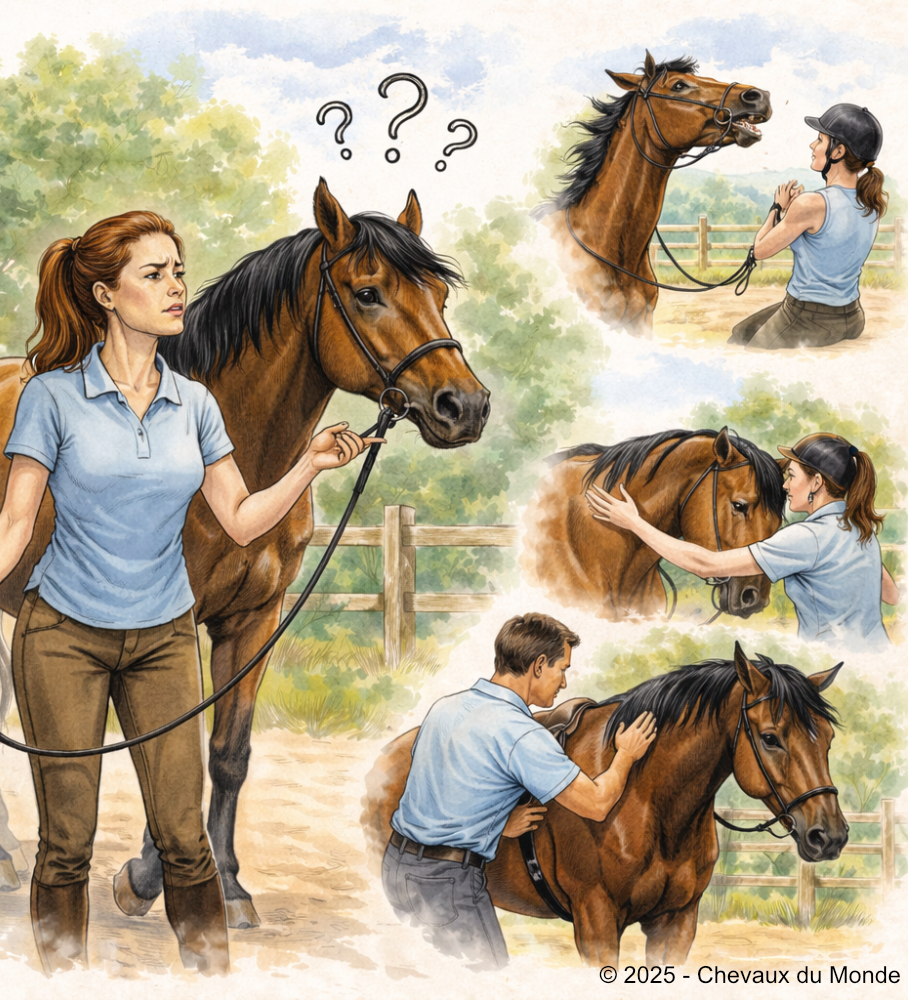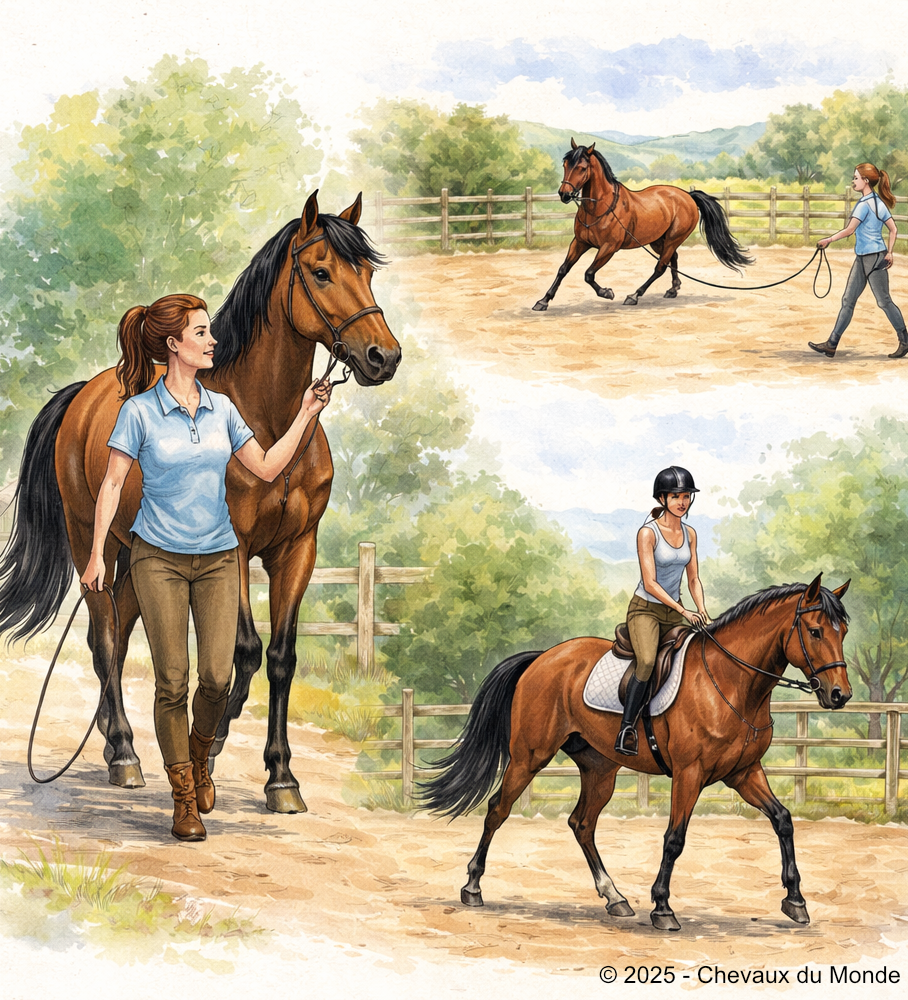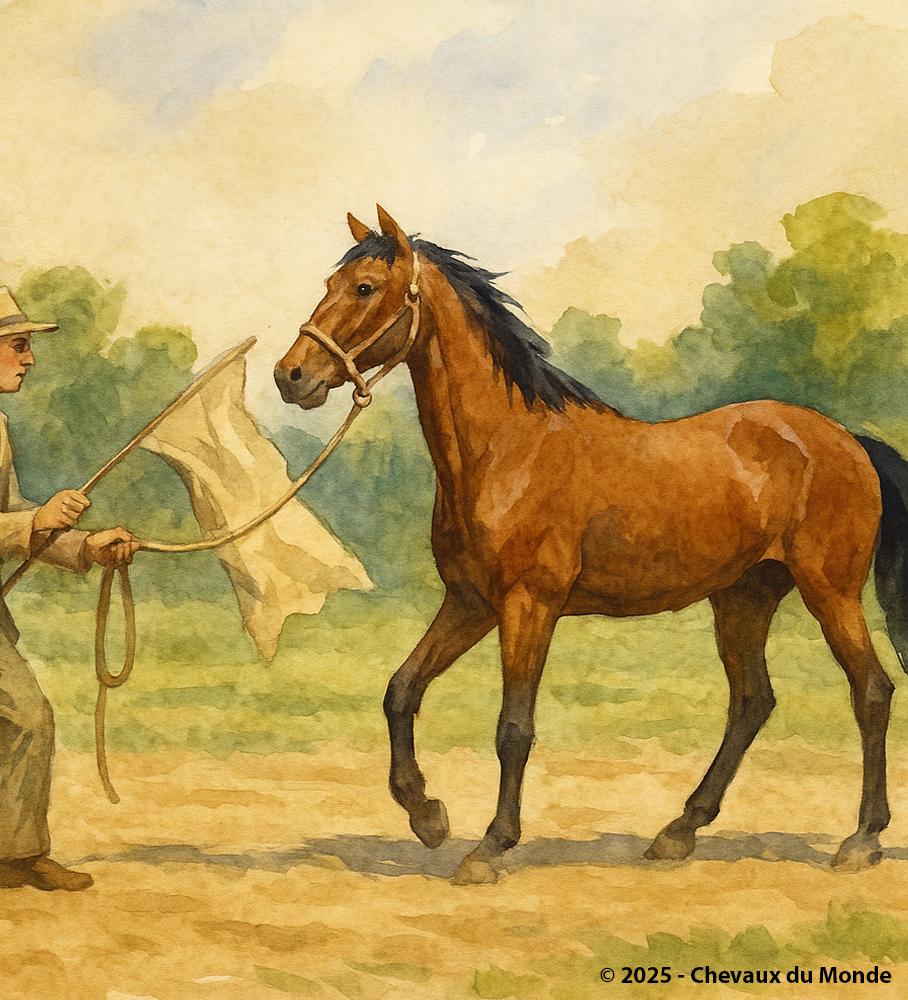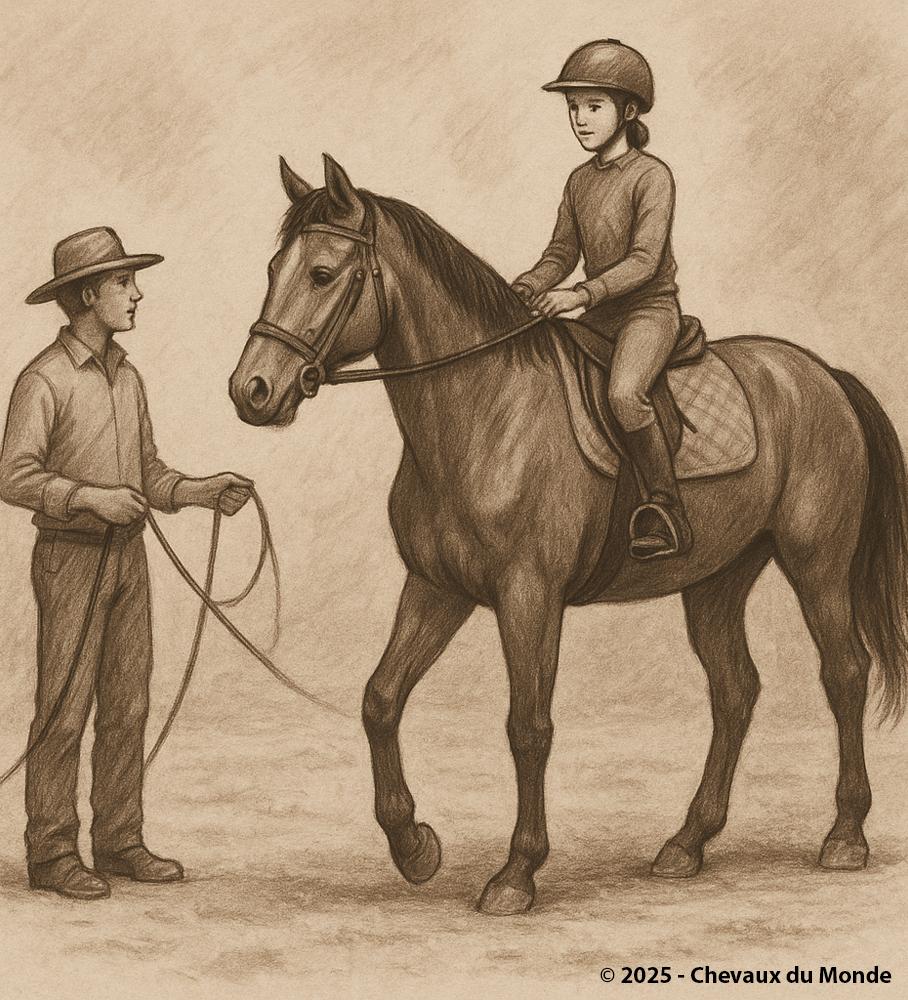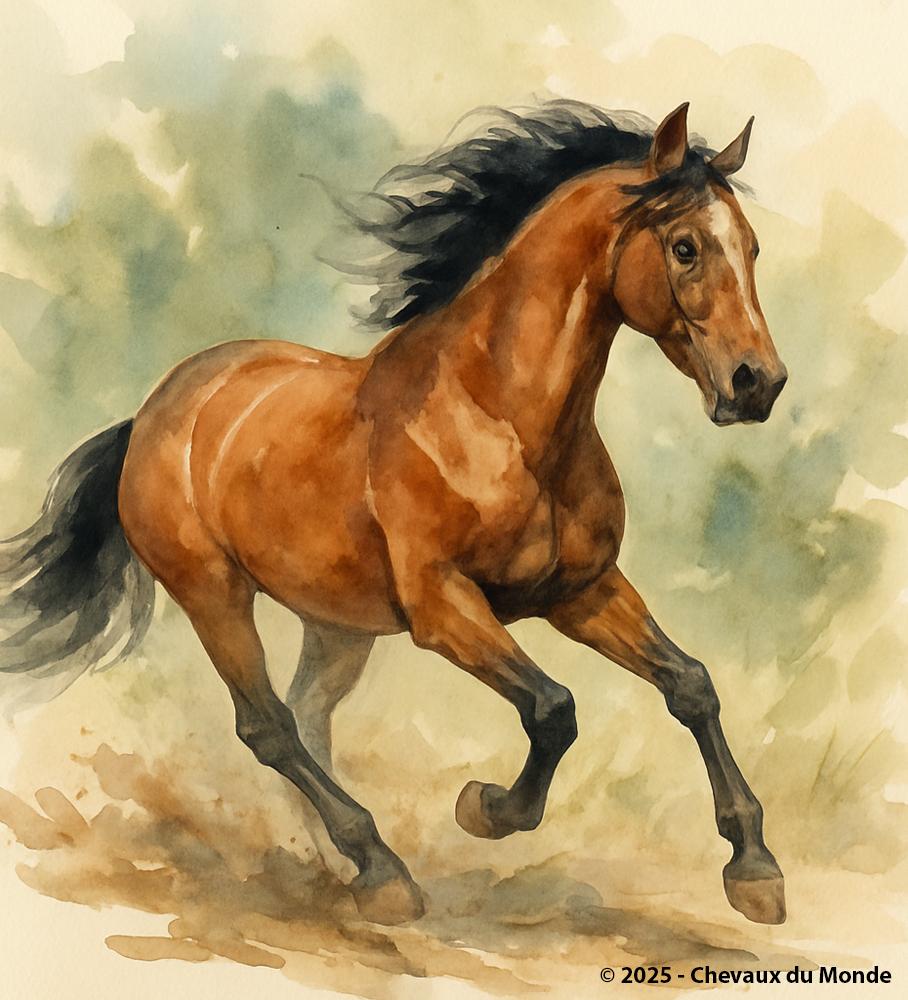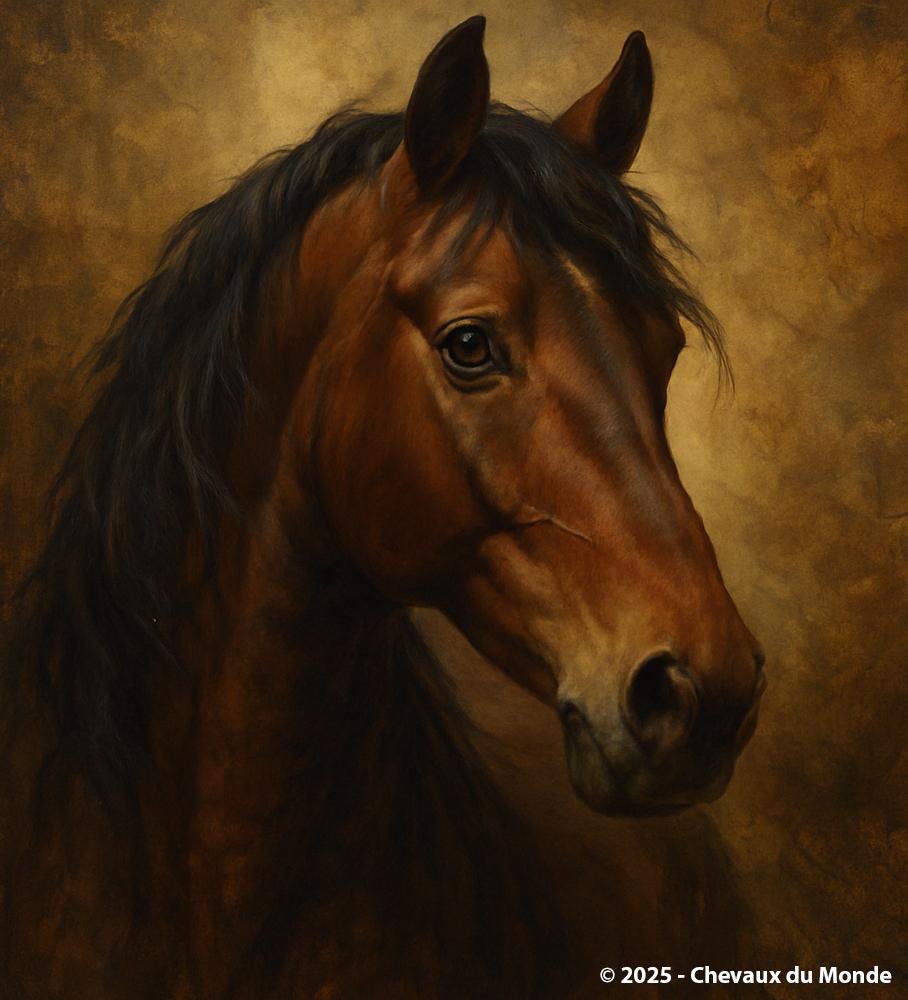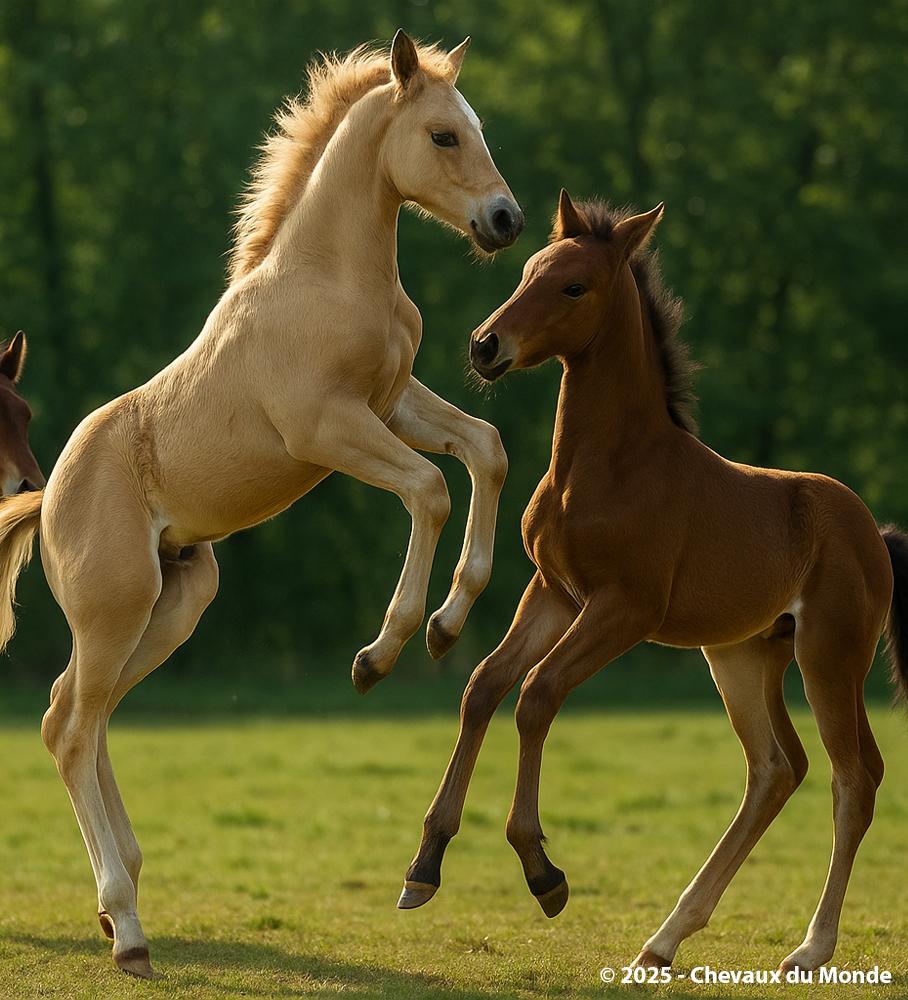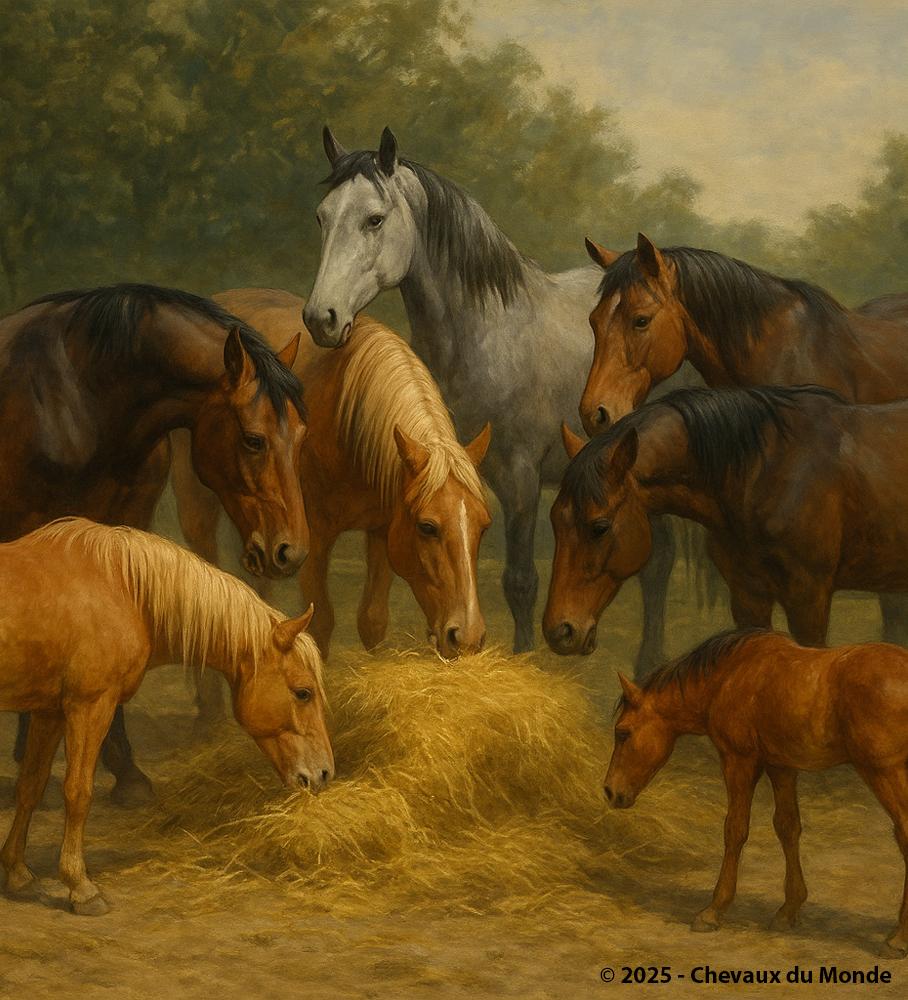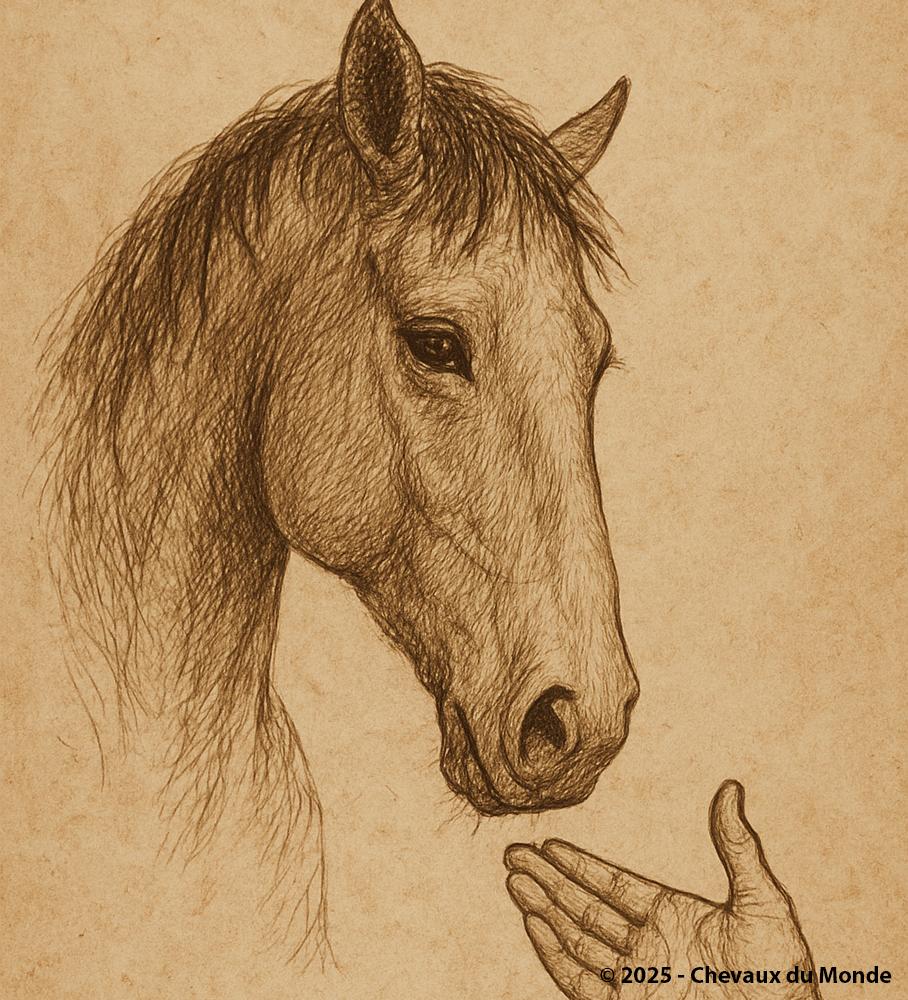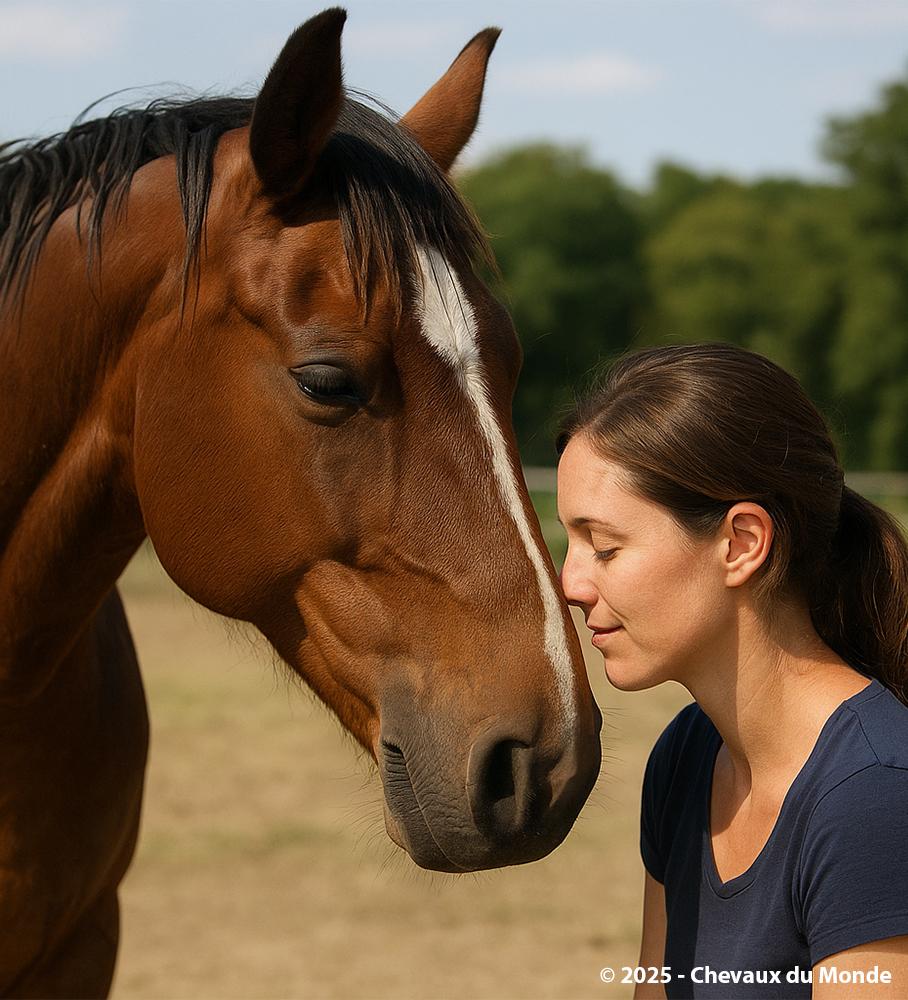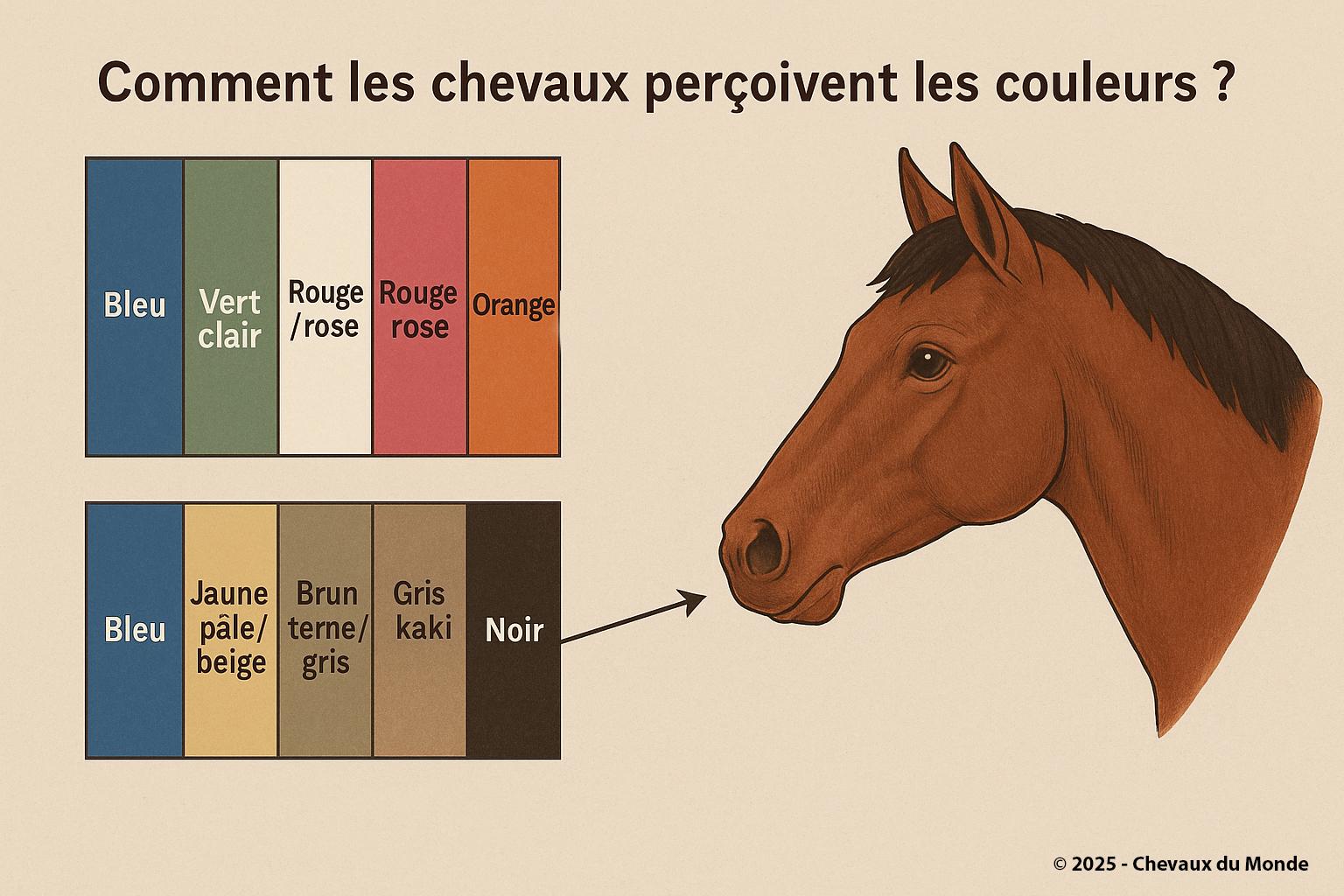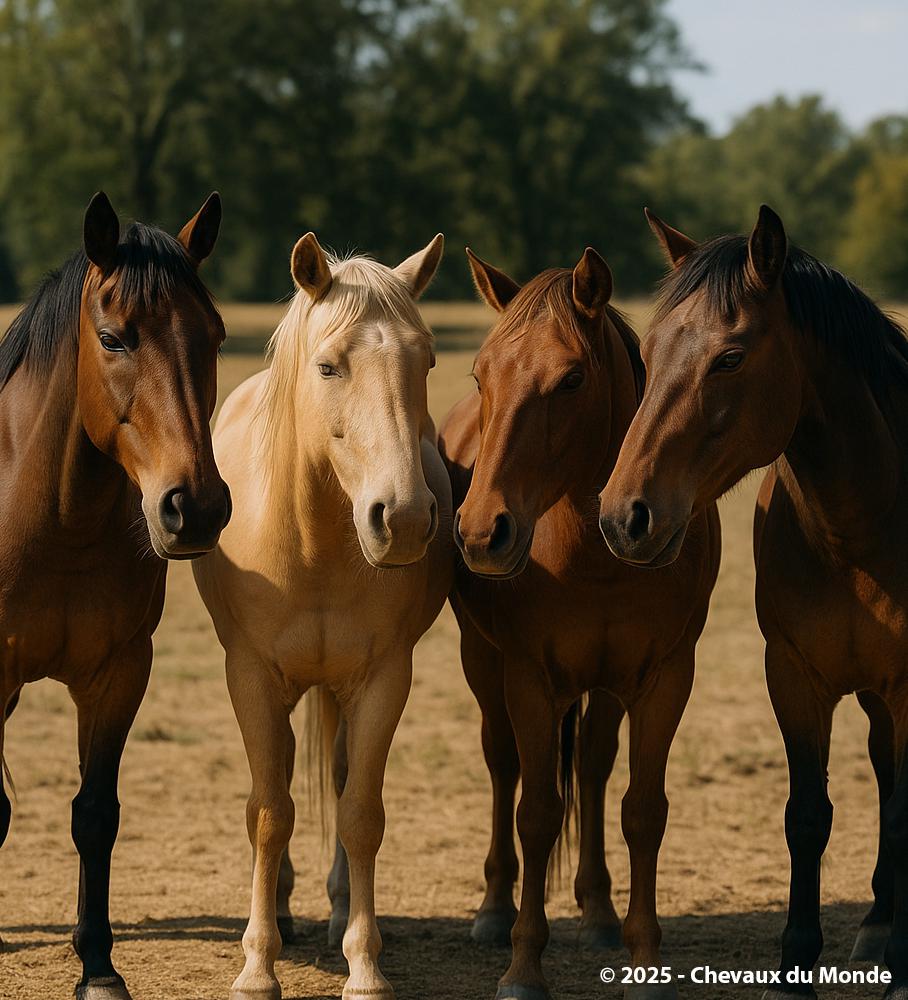BEHAVIORAL DIFFERENCES BETWEEN HARDY HORSES AND SPORT HORSES
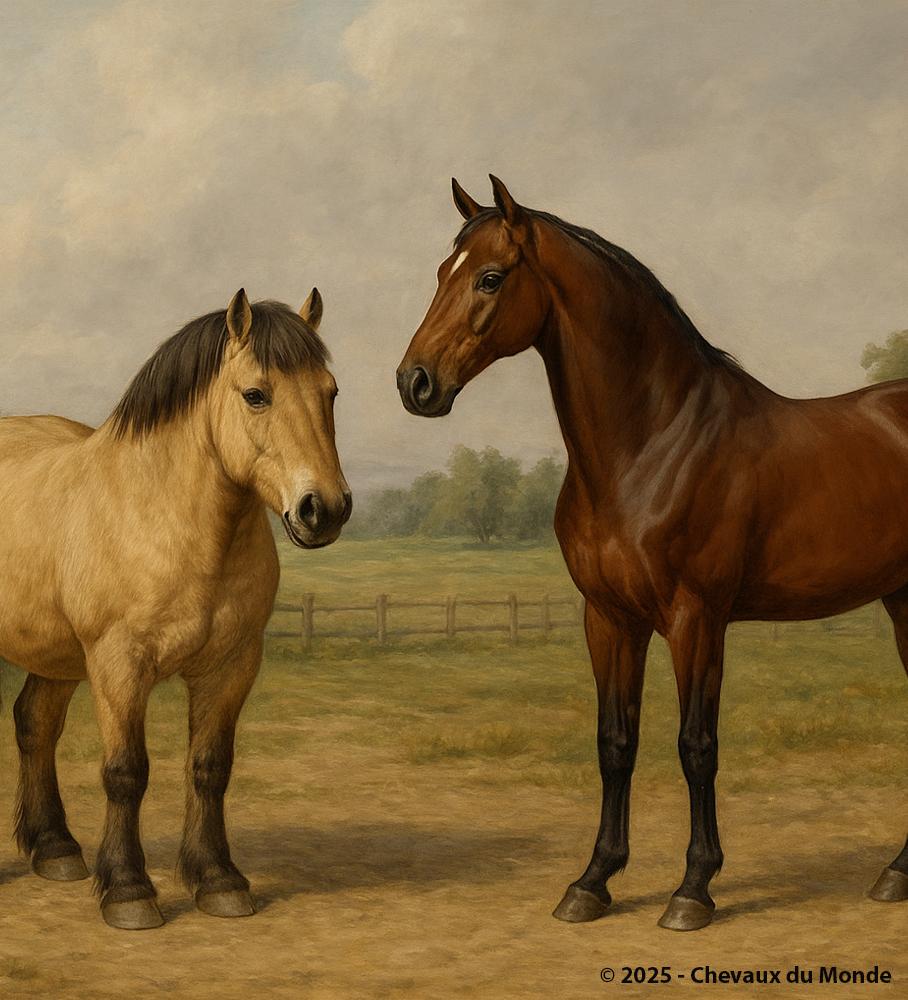
wo types, two temperaments: rustic horses show calm and resilience, while sport horses are known for energy and responsiveness.
Horses display a wide diversity of behaviors that reflect their genetic heritage, their evolutionary history, and the way they have been selected by humans. Comparing hardy horses with sport horses helps us understand how their needs, temperaments, and abilities vary depending on breeds and intended uses.
Understanding Hardy Horses
Origin and Selection
- Originating from local populations adapted to sometimes harsh environments (mountains, moors, steppes).
- Naturally selected for their resistance, independence, and ability to survive with limited resources.
- Examples: Fjord, Haflinger, Pottok, Exmoor.
Behavioral Characteristics
- Strong autonomy: accustomed to finding their own food and protecting themselves.
- Marked sociability: often living in herds, they develop stable hierarchies.
- Moderate energy: tend to conserve effort, sometimes perceived as “stubborn” or “slow,” but actually cautious.
- Mental robustness: less easily startled, less sensitive to stress than sport horses.
Relationship with Humans
- Appreciate interaction but often maintain independence.
- Require respectful education, based on patience and consistency.
- Excellent companions for trekking, leisure driving, and family riding.
Understanding Sport Horses
Origin and Selection
- Bred by humans for specific qualities: speed, strength, agility, elegance.
- Representative breeds: Thoroughbred, Hanoverian, Selle Français, KWPN.
- Breeding focused on competitive performance.
Behavioral Characteristics
- High reactivity: very sensitive to stimuli, quick to respond.
- Abundant energy: need to express their physical potential, often “on edge.”
- Work motivation: strong willingness to cooperate, but prone to anxiety if poorly managed.
- Emotional sensitivity: more prone to stress, changes in environment, and handling mistakes.
Relationship with Humans
- Dependent on their rider and a structured environment.
- Respond well to clear, consistent training methods.
- Require experienced riders able to channel their energy and sensitivity.
- Outstanding performers in competition (show jumping, dressage, eventing, racing).
Direct Comparison of Behaviors
Energy and Effort Management
- Hardy horses: economical, instinctive energy management.
- Sport horses: explosive, wasteful, sometimes difficult to contain.
Sensitivity and Stress
- Hardy horses: emotionally stable, better at coping with novelty.
- Sport horses: sensitive, sometimes nervous, requiring a calm environment.
Relationship with Humans
- Hardy horses: more equal relationship, sometimes independent.
- Sport horses: closer partnership, but at risk of dependence or overstimulation.
Herd Life
- Hardy horses: clear hierarchies, strong ability to live in a herd.
- Sport horses: sometimes less social, especially if raised in individual stalls.
Conclusion
Hardy horses embody resilience, balance, and autonomy, while sport horses represent performance, reactivity, and sensitivity. These behavioral differences stem directly from their evolutionary history and human selection.
“Choosing between a hardy horse and a sport horse mainly depends on the rider’s goals: seeking performance, or a quest for authenticity and simplicity.”

